| Padma Venkatraman is the author of BORN BEHIND BARS, THE BRIDGE HOME, A TIME TO DANCE, ISLAND’S END and CLIMBING THE STAIRS. Her novels have, in total, garnered numerous honors, received over twenty-two starred reviews, and won several awards such as a WNDB Walter Dean Myers Award, SCBWI Golden Kite Award, Crystal Kite Award, Nerdy Book Award, Julia Ward Howe Boston Authors Club Award, Malka Penn Honor, ASTAL RI Book of the Year Award, two South Asia Book Awards, two Paterson Prizes, and more. Visit her at www.padmavenkatraman.com and follow her on Twitter (@padmatv) or ig/fb (@venkatraman.padma), and learn more about her latest novel, BORN BEHIND BARS, at https://www.penguinrandomhouse.com/books/647196/born-behind-bars-by-padma-venkatraman/ |
Having grown up in India, I probably have a deeper insight into its culture and history than authors who grew up here. Still, writing stories set in India for young people living in the United States isn’t easy. When I revise, I must re-read with American and Indian mindsets: I can’t afford to confuse mainstream readers, nor do I wish to bore readers familiar with the cultural milieu. An Indian character would take for granted many things an American reader may find odd (e.g. taking shoes off before entering a home). Even “shaking” the head isn’t simple – Indians don’t nod and their body language is different. And should I use Indian words/expressions? When we write stories with international settings peopled by international characters, we walk a tightrope: say too much and readers will be jerked out of the narrative; say too little and readers may complain they feel lost. Luckily, I didn’t think about how much harder it is to historical fiction set elsewhere when I began my debut, Climbing The Stairs, which is set in India during WWII.
Just as we’re individuals and members of families, we’re American and global stewards. Just as self-interest is often secured and promoted when we work for our family’s welfare, our national interest often requires international co-operation (not competition). Co-operation is founded on trust. Trust is built on a foundation of knowledge and understanding that stories foster because they transport us - not only into another place or time but into another’s soul – affording insights into world history and culture even if we can’t travel, and encouraging us to breakdown stereotypes and prejudices so we move beyond tolerance, toward mutual acceptance. Stories are keys that unlock compassion.
If there’s one thing that the pandemic has taught us, it’s that there’s an urgent need for humans to come together, and that cooperation is a far more compassionate and intelligent way to move forward than competition. And international stories can lay the groundwork for global connections by nurturing empathy, which may help readers unite in the future to defeat crises that threaten to destroy the earth we humans call home.

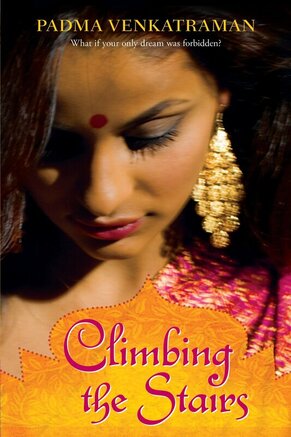


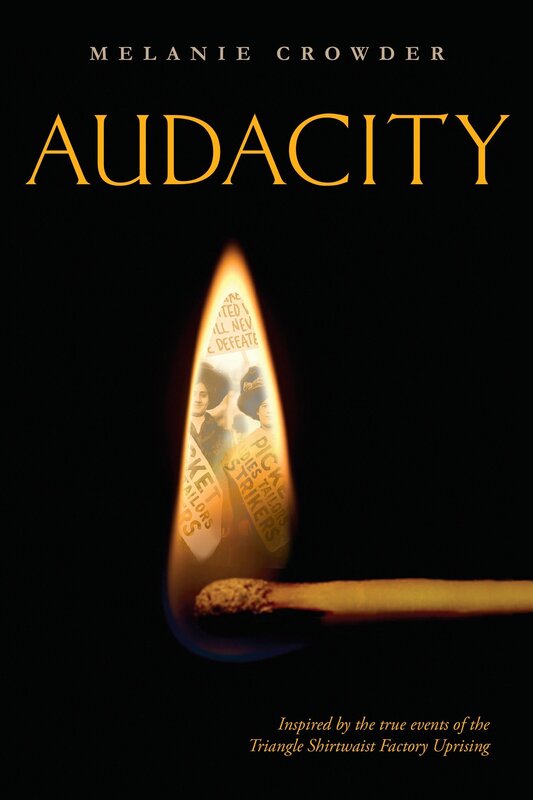
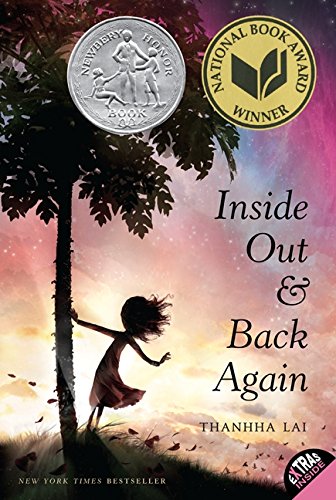
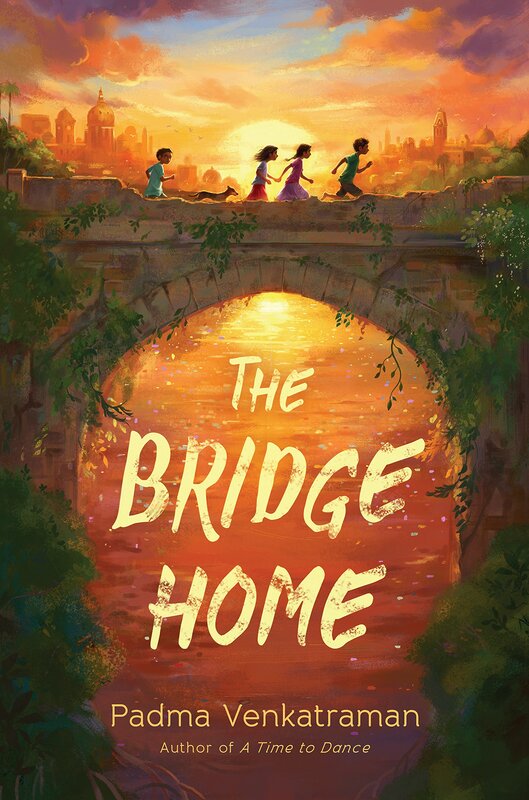
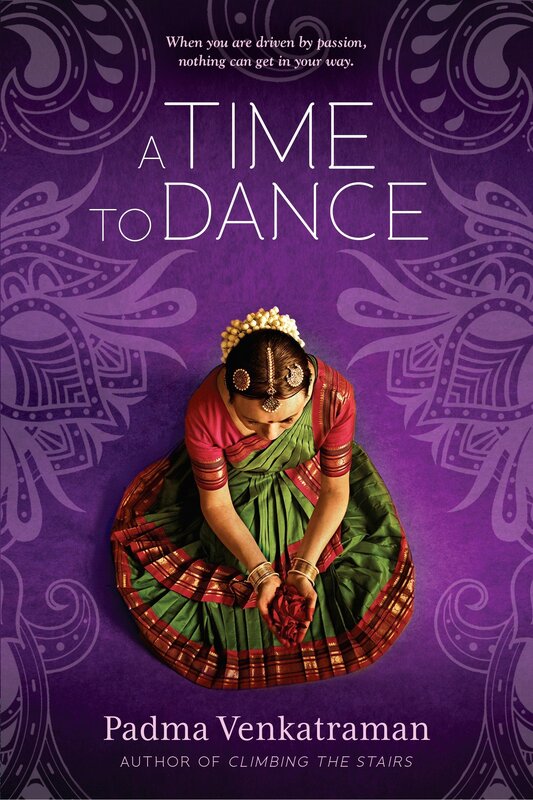
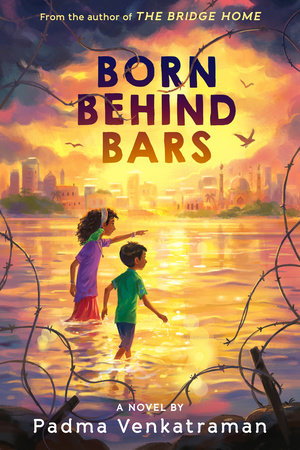

 RSS Feed
RSS Feed